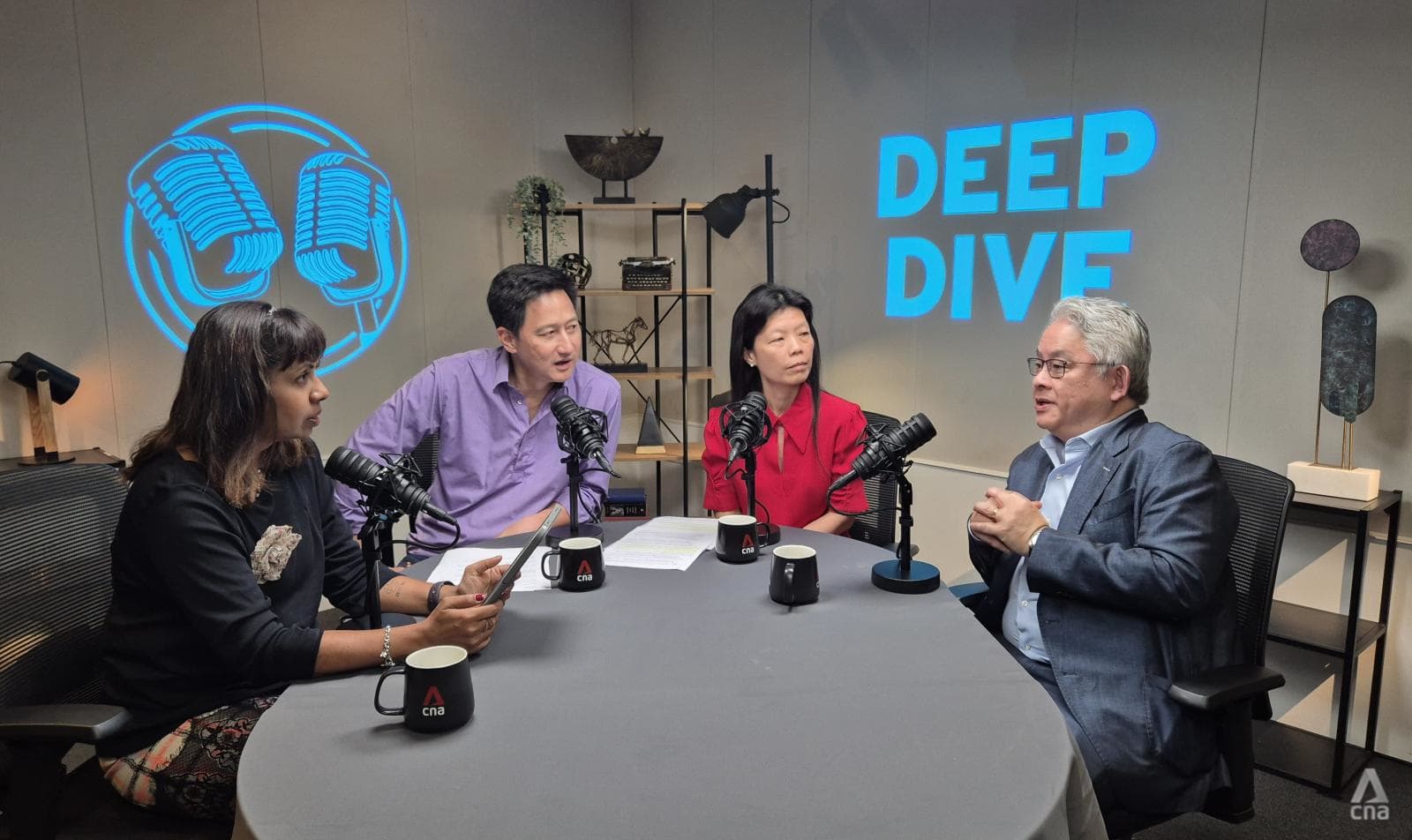Deep Dive Podcast: Are whistleblowers protected in Singapore?
A company with zero whistleblowing reports is a red flag, say our guests.
.jpg?itok=HLI2xFsk)
CNA's weekly news podcast takes a deep dive into issues that people talk about at dining tables and along the office corridors. Hosted by Steven Chia and Crispina Robert.
In December 2024, SingPost dismissed three top executives for mishandling internal investigations into a whistleblower report. What protection do whistleblowers have, and how can companies provide transparency and independence in investigating complaints?
Steven Chia and Crispina Robert break it down with NUS Professor Mak Yuen Teen and Celeste Ang from Baker & McKenzie Wong & Leow.

Here is an excerpt of the conversation:
Crispina Robert, host:
When I went to (a company’s whistleblowing site), the form asked me for quite a lot of details, and I stopped short at giving my name. It says that’s optional but I’m very cynical. Even if I don’t put my name, can they trace me? Can I be totally anonymous?
Celeste Ang, lawyer at Baker & McKenzie Wong & Leow:
As to whether you can have confidence in the integrity of the whistleblowing programme or the processes, it will behoove the organisation ... to be able to put in some effort to assure people that the ... programme is effective and has integrity.
Which is why the tone from the top is key.
Mak Yuen Teen, NUS professor:
But there is a real risk of people fearing they will be traced.
A few months ago, I was on a panel discussion in the international conference on whistleblowing, and I was shocked when one of my fellow panelists, who works for a service provider, said, “You know, I was working for this company, and they had a whistleblowing complaint, and we used technology to find out who the whistleblower was.’’ I was almost going to throw my notes – my jaw (dropped).
But that is a fear. Even when people send an email for example to a company email account, sure you can say you can do it through some outside source or whatever, (but) people always still have that fear. That's why some companies say we better outsource (whistleblowing complaints) to a third party to manage.
Steven Chia, host:
But you want to find out who is crying foul, to find out whether it's legit or not at the same time, right? So knowing who is whistleblowing is not necessarily a bad thing, and the whistleblower shouldn't be afraid of owning what they said if it's really true, right?













